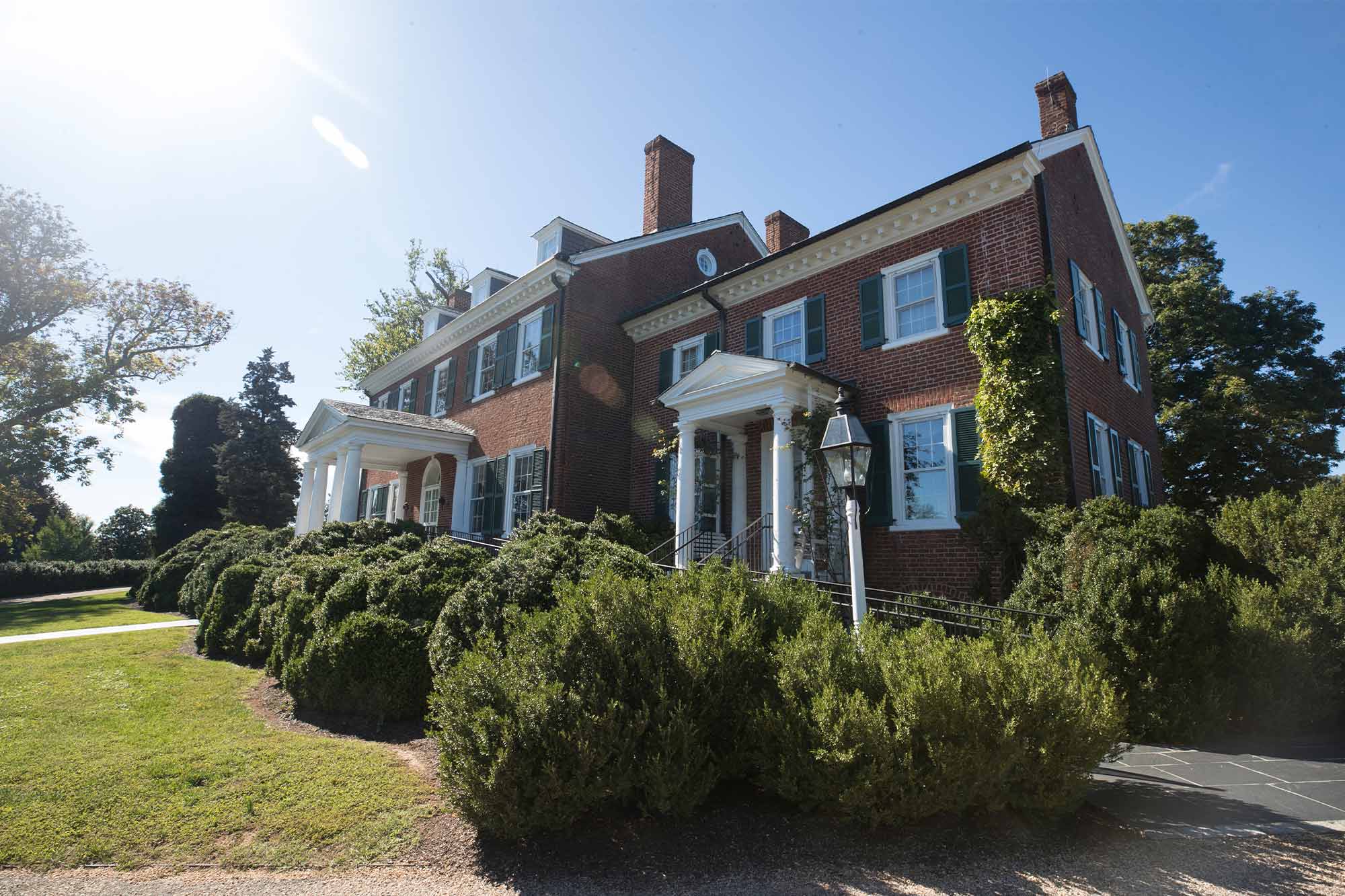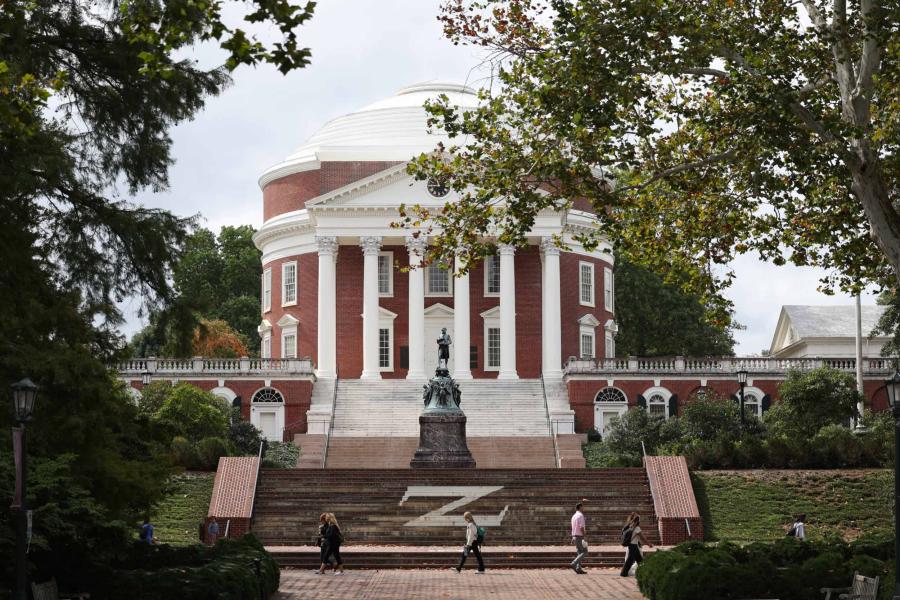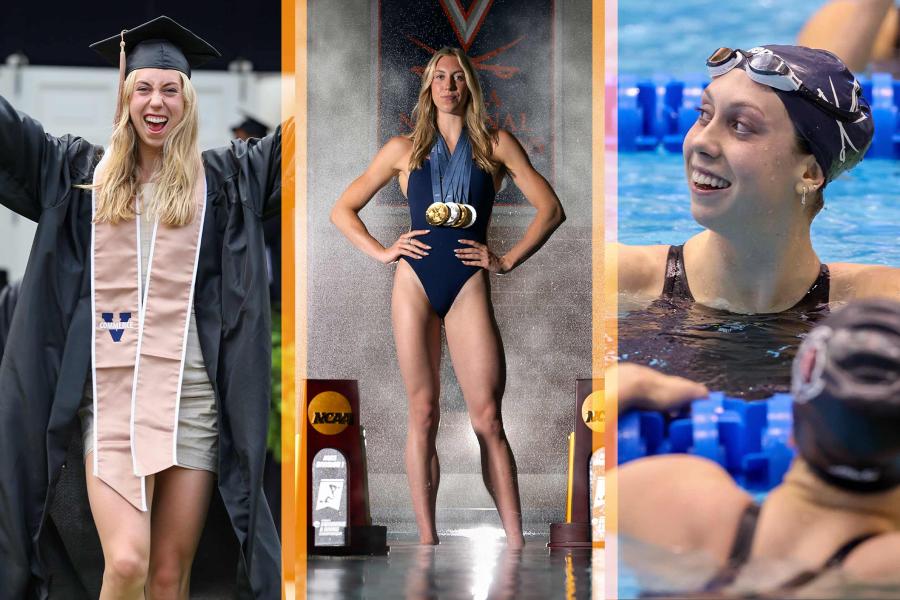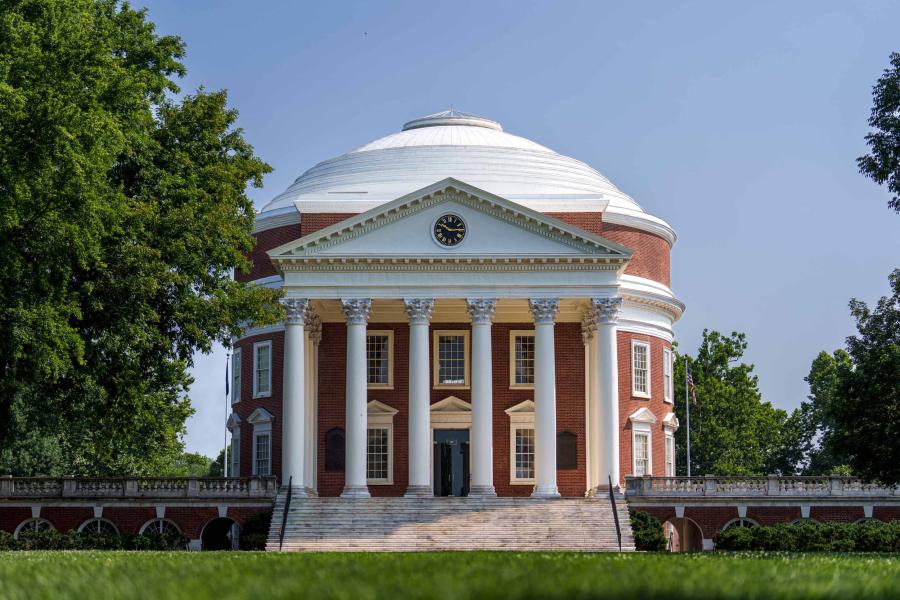The University of Virginia and the UVA Foundation announced this month that the Morven Farm property will move forward as UVA’s “Sustainability Lab,” bringing together a broad range of education, experimentation, innovation, research and engagement in support of the University’s strategic commitment to environmental resilience and sustainability.
“Defining a clear mission for Morven anchors the property to UVA and gives the staff a strong foundation for future programming,” UVA Provost Ian Baucom said. “This new vision for Morven aligns with the sustainability goals in the 2030 Plan and underpins the tremendously positive work already underway at Morven. We are so grateful to the foundation, particularly Tim Rose and Maryellen Dolan, for partnering with us on this next chapter for Morven.”
The nearly 3,000-acre farm was part of philanthropist John Kluge’s 2001 gift to the UVA Foundation. It has been used as a space for meetings and events while University leadership considered a plan to maximize the farm’s potential.
“President Ryan called upon a cross-disciplinary group of faculty and administrators to undertake a rigorous review of the property and its current programming and make recommendations for its future,” Louis Nelson, vice provost for academic outreach, said. “The major focus areas the committee generated are carefully selected to draw on Morven’s strengths and make the most meaningful use of this special place.”
UVA will focus on four major areas of research and academic programming at Morven: environment and sustainability, food and agriculture, physical and mental wellness, and history and legacy. Morven’s existing food-related programs and operations will continue as a part of that mission. Morven’s venues will still be available to book for educational and charitable events.
The UVA Foundation and UVA will continue to share governance over the property, with organizational oversight shifting within the provost’s office from Global Affairs to Academic Outreach. Acting Director Rebecca Deeds has been named the full-time director of Morven programs, and a search is underway for a half-time academic director from the faculty.
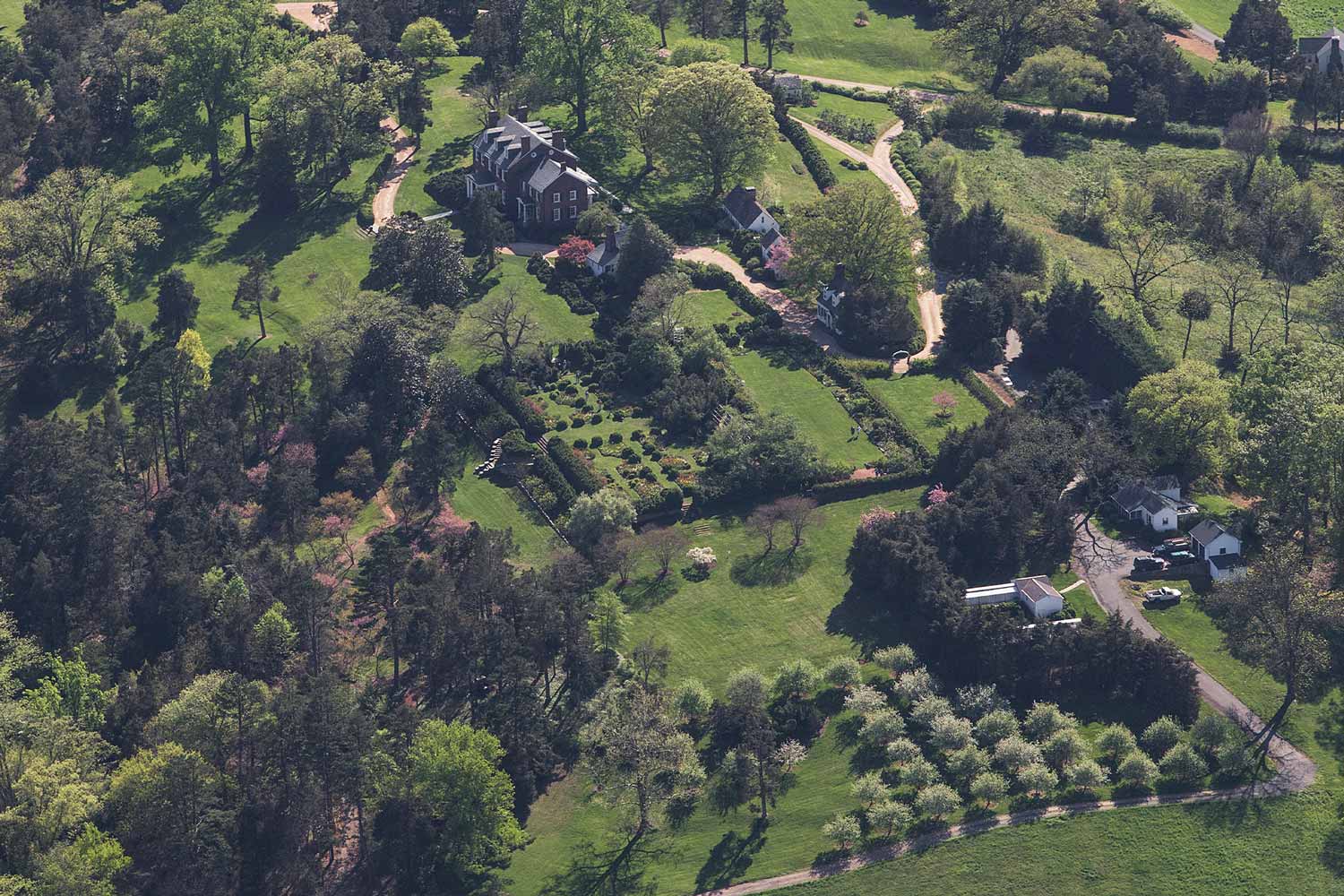
“Morven’s remarkable cultural landscape will contribute to a rich program that will address social, economic and environmental sustainability challenges facing society,” Deeds said. “We are excited to activate it as a living laboratory while we pursue new practices and programs that support and elevate UVA sustainability goals, and engage students, faculty and community members.”
Deeds added that Morven’s strength as a center for convening and innovative thinking will generate new programs, including symposiums focused on sustainability, and a new research fellowship. Plans also include enhancing the Morven Kitchen Garden, the First Lady’s Food Lab and the Morven Summer Institute in alignment with the new mission.
Other collaborations could include working with the Environmental Resilience Institute as its staff develops project plans for their “Grand Challenges” initiatives. UVA is investing hundreds of millions of dollars into major and life-changing research across several disciplines, called the “Grand Challenges Research Investments,” including resilience and sustainability.
“I am looking forward to aligning land-use practices at Morven with our academic vision and UVA’s mission to help achieve tangible results for our community,” Deeds said.
Deeds and the academic director will develop two-, five-, and 10-year plans for Morven with the help of a standing Academic Advisory Council, made up of faculty experts, staff from the UVA Foundation, Facilities Management, the Office of the Architect, and other experts and stakeholders.
Research will continue on the land’s historic use as a possible seasonal hunting ground for the Monacan Indian Nation, and the legacy of the enslaved laborers who worked the farm in the 1800s when it was converted to a plantation.
Other possible activities include supporting community food needs, offering mental and physical health support activities, and using the property as a site for community engagement.
Media Contact
Article Information
July 3, 2025

